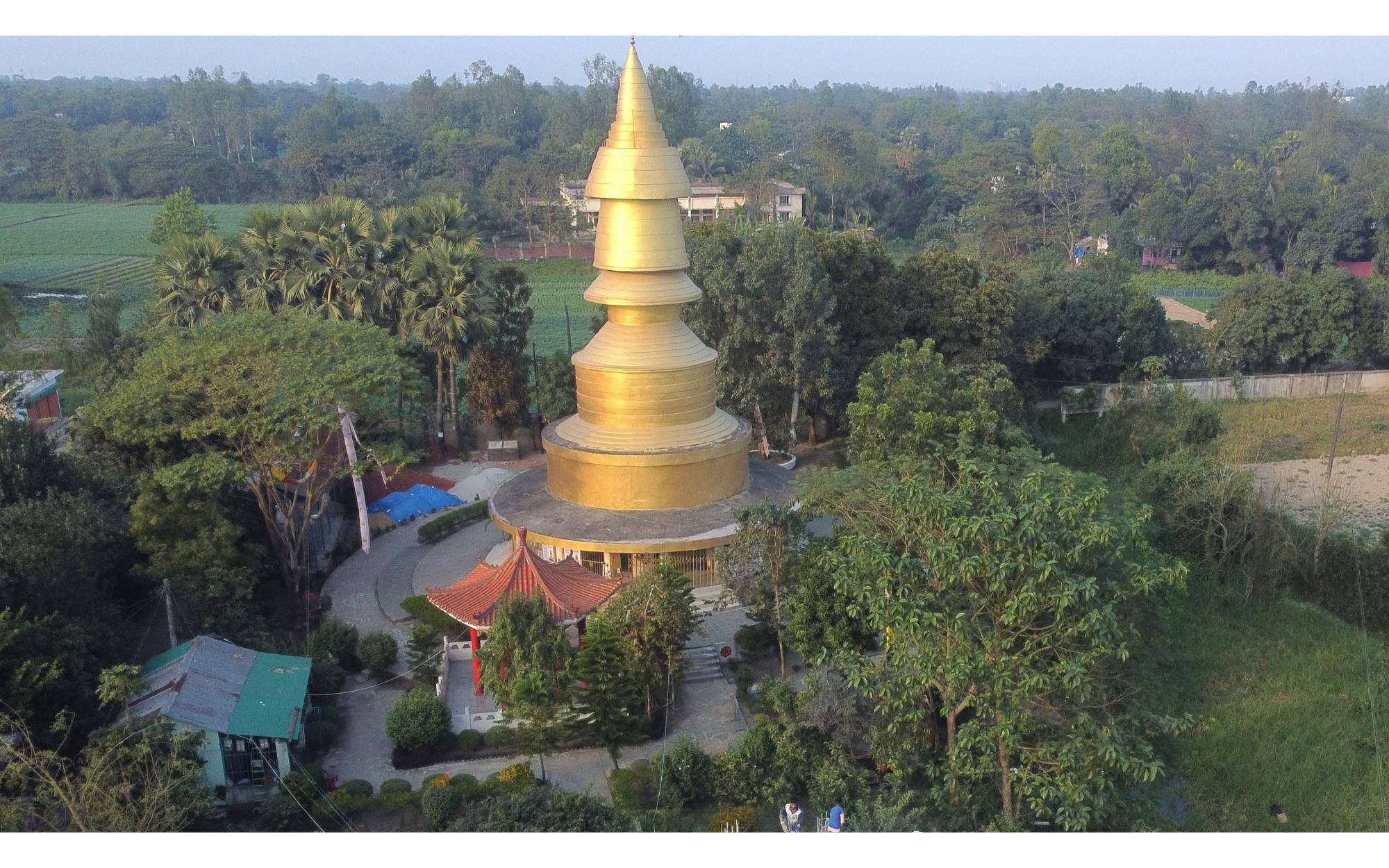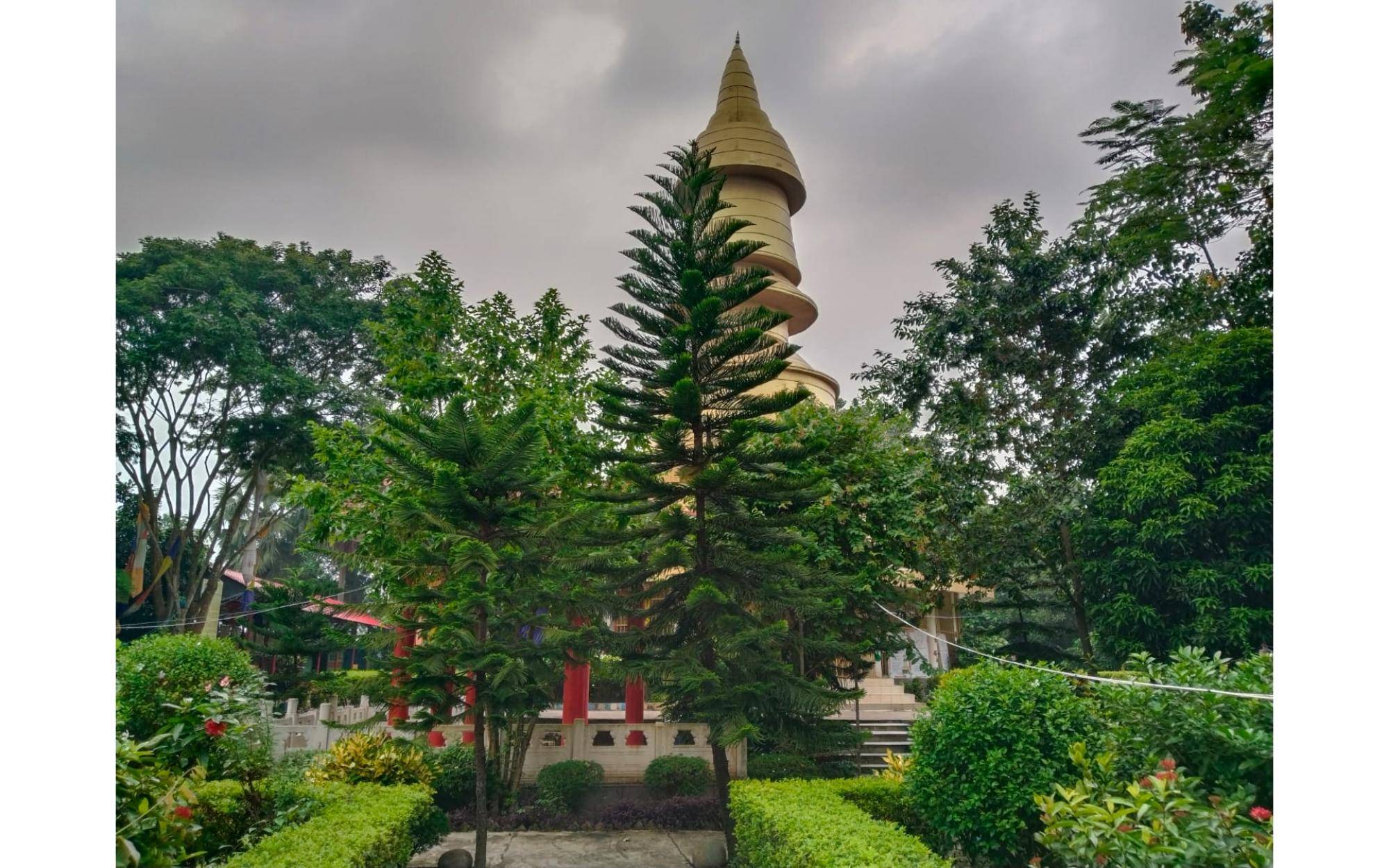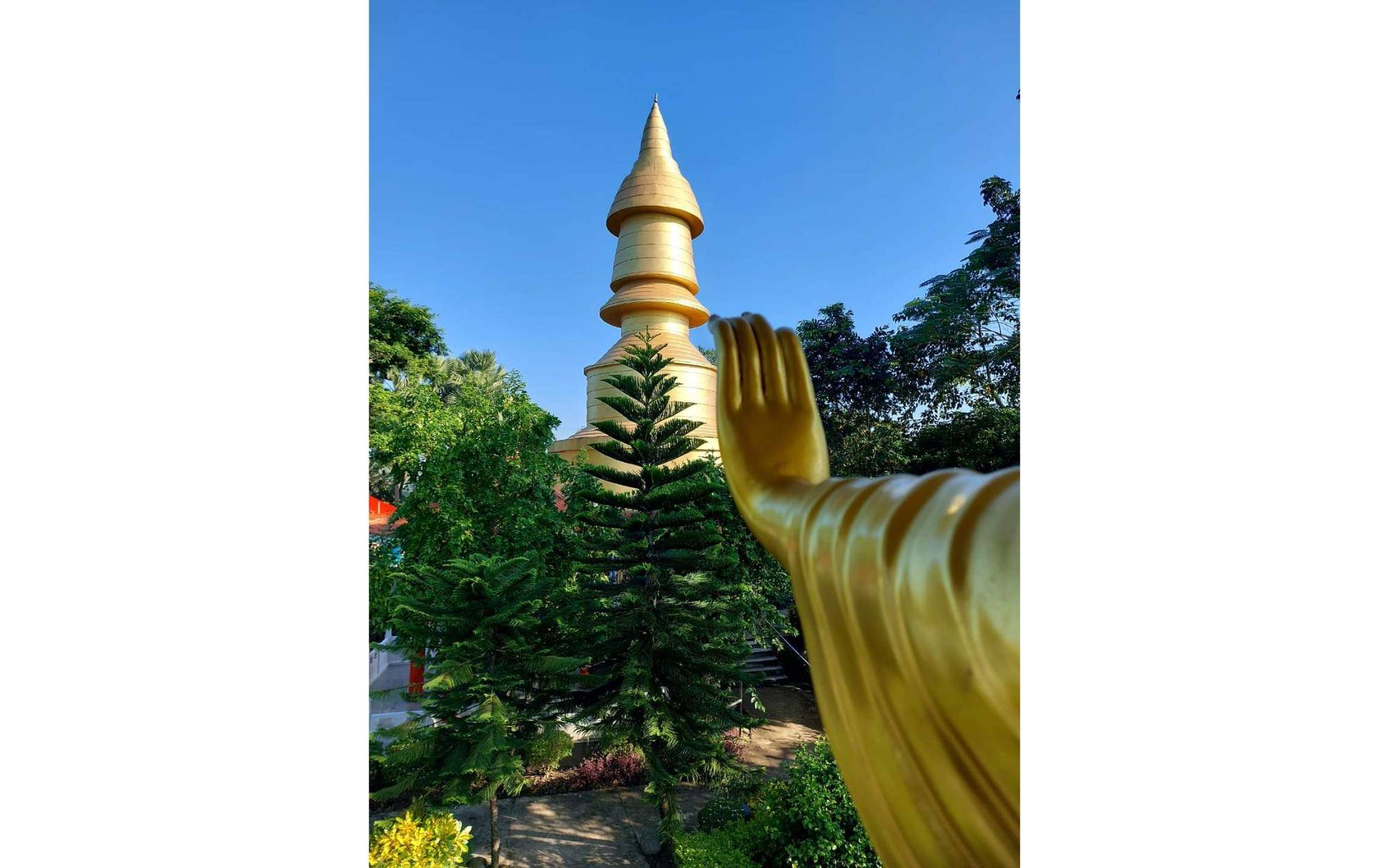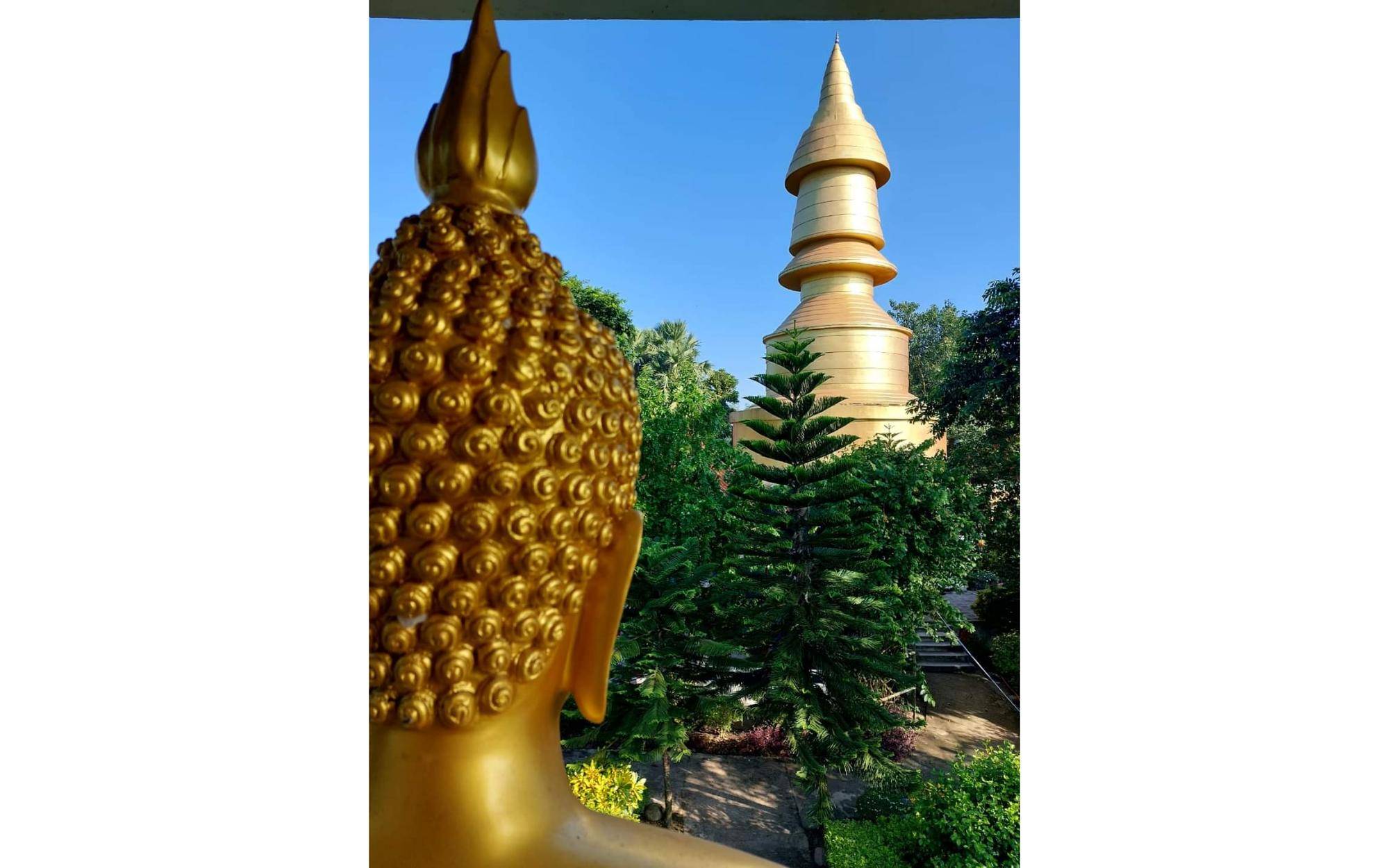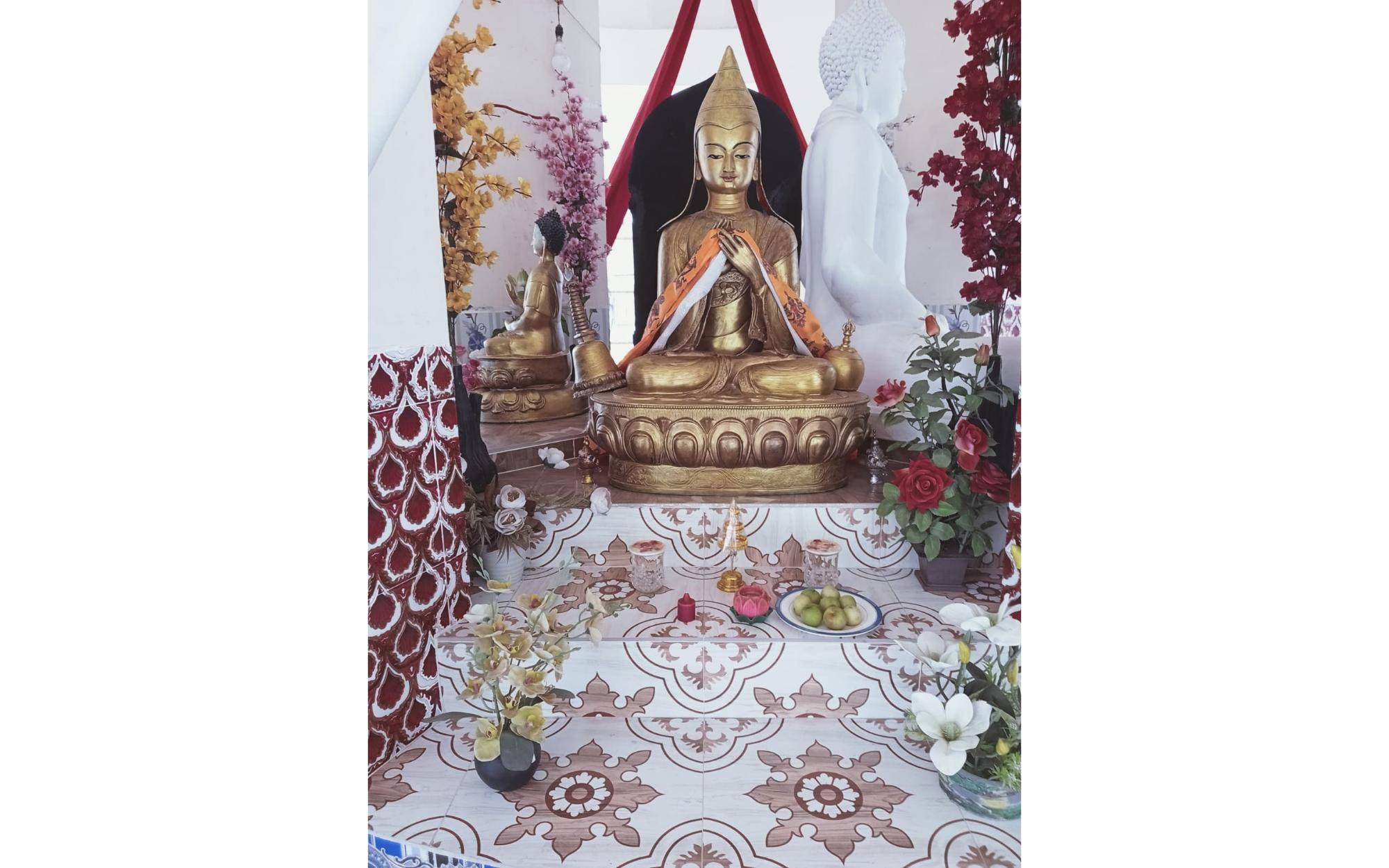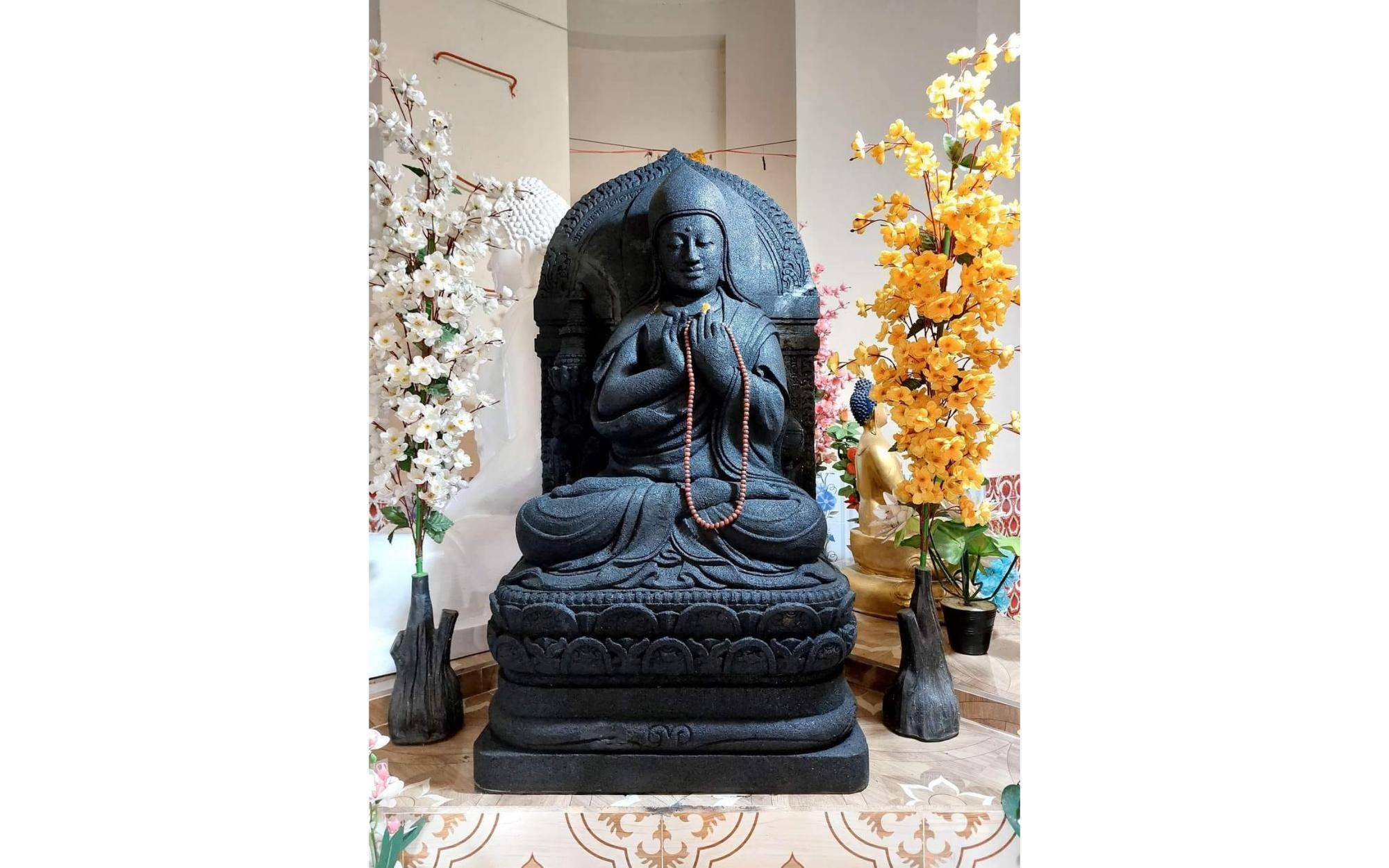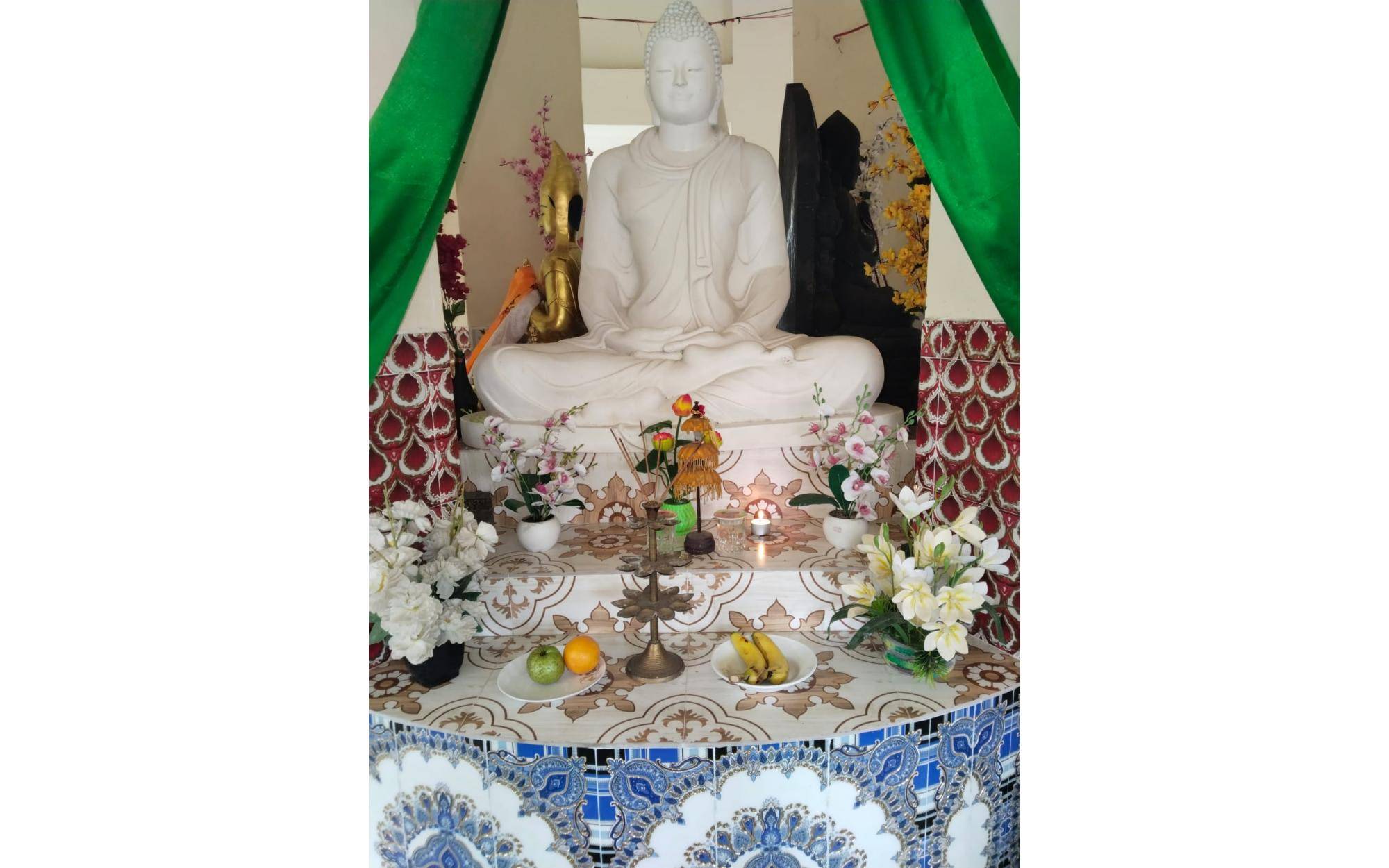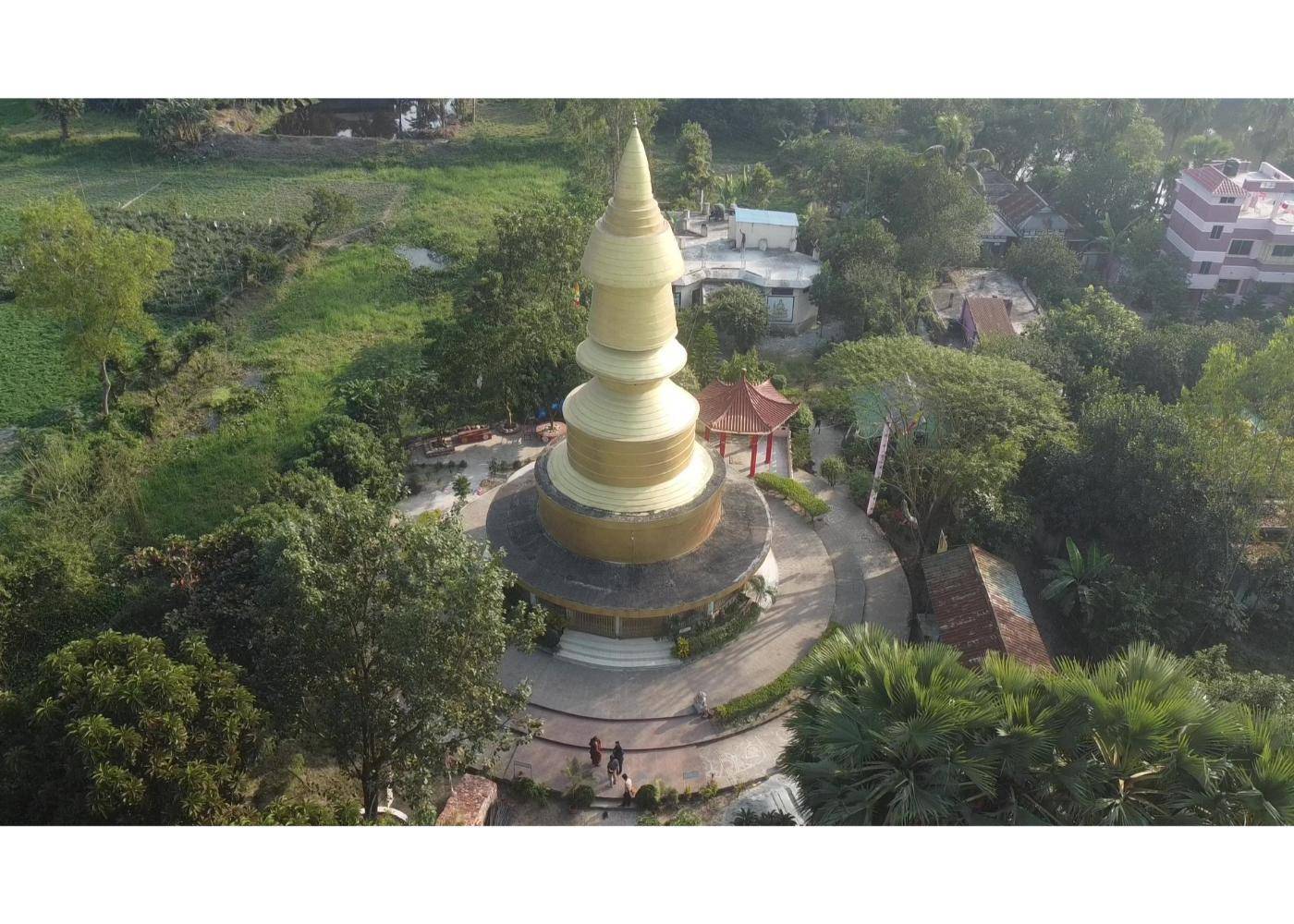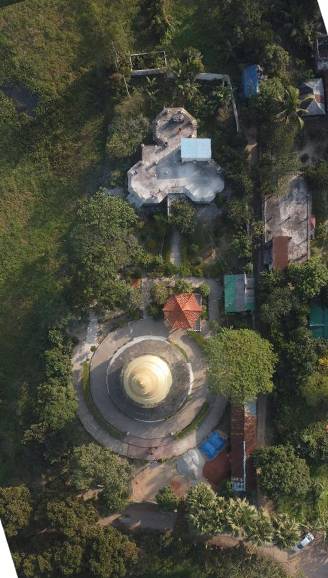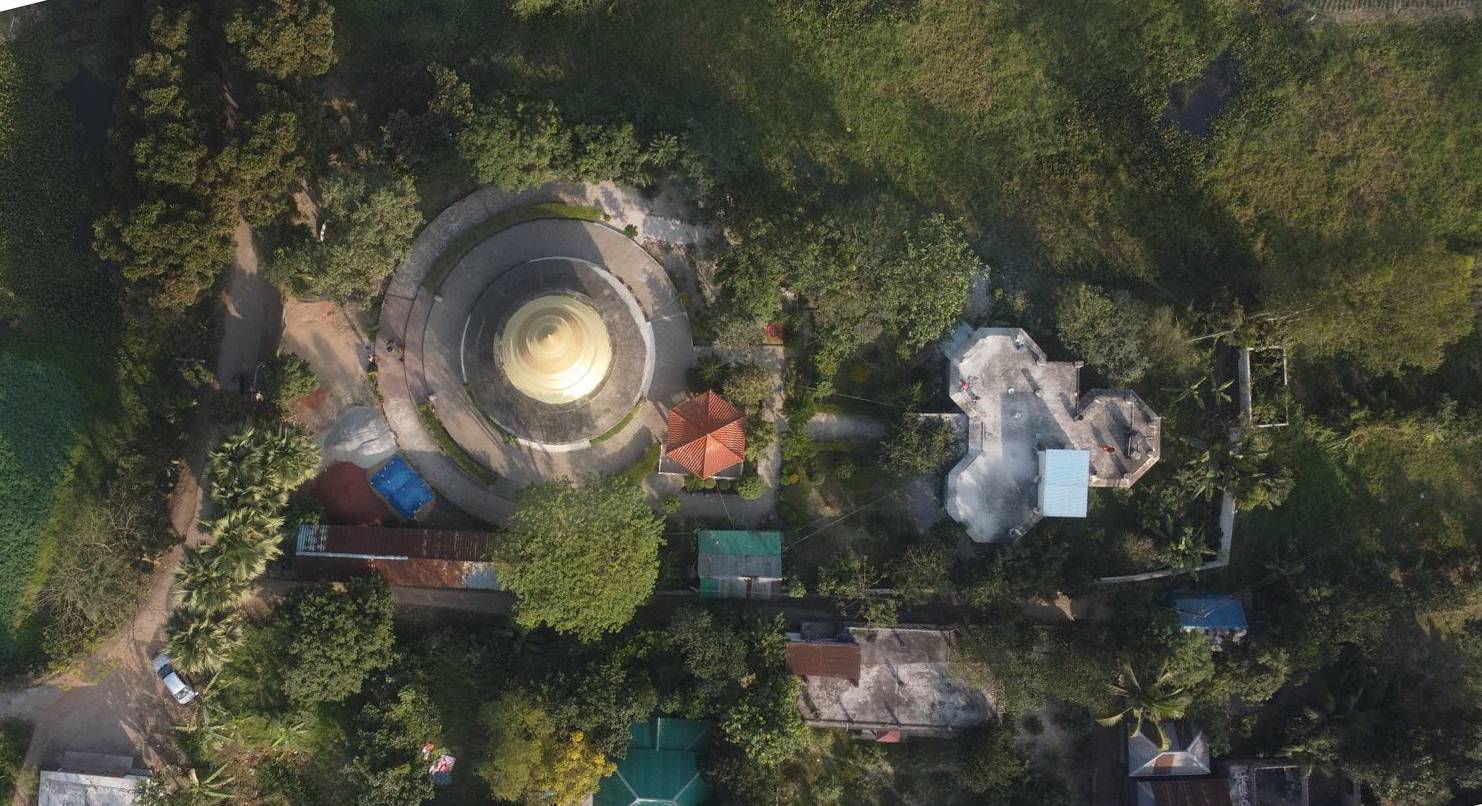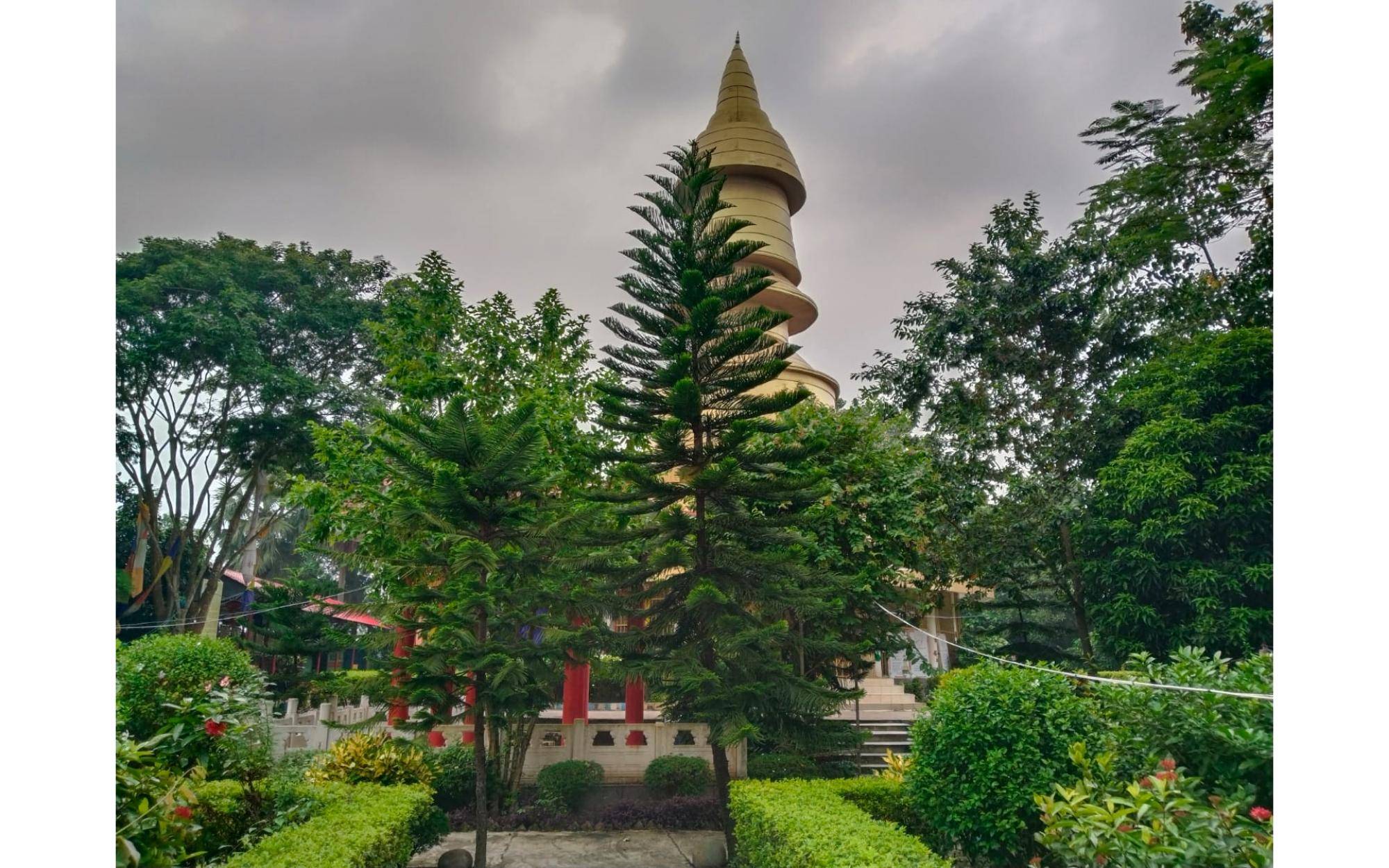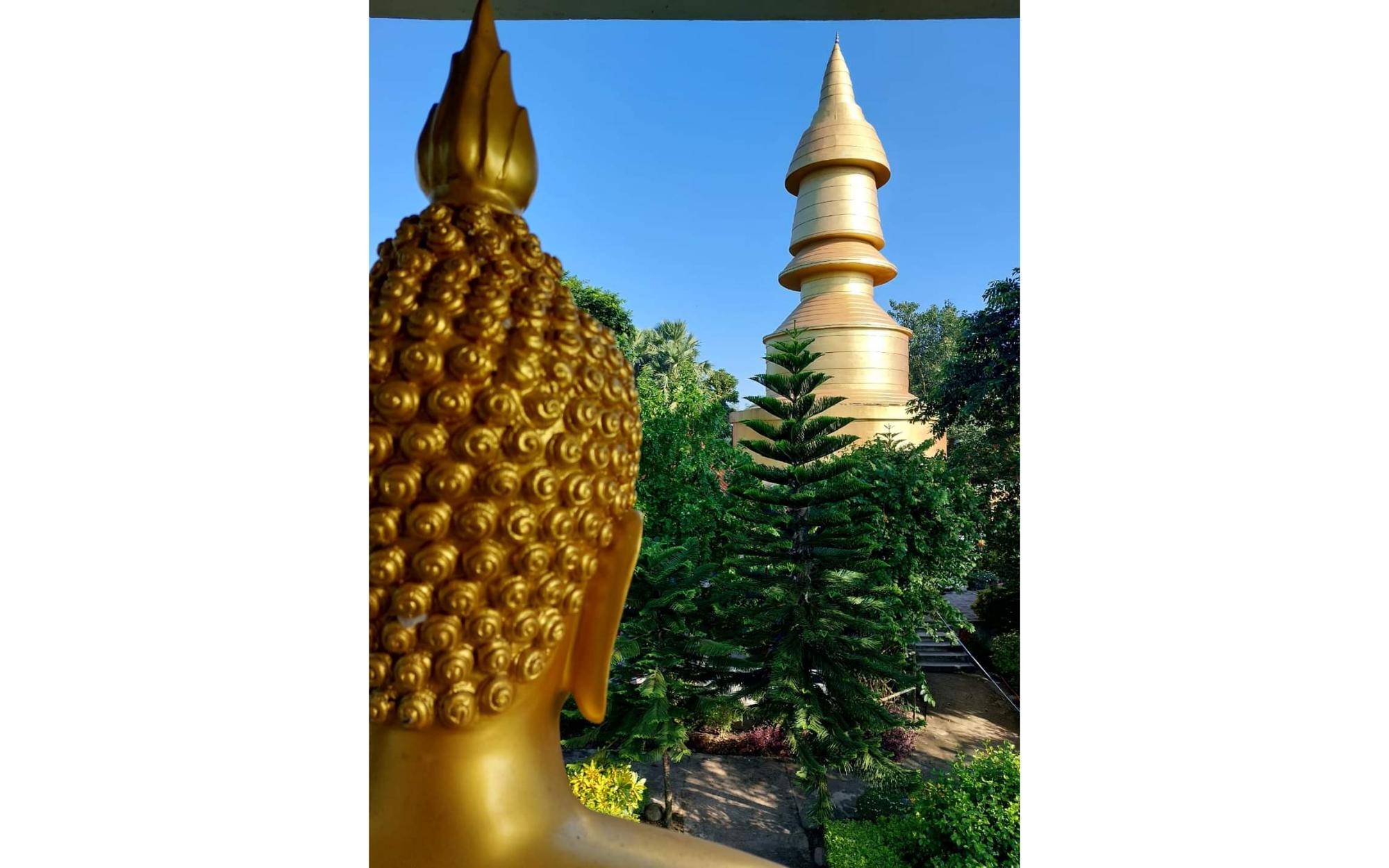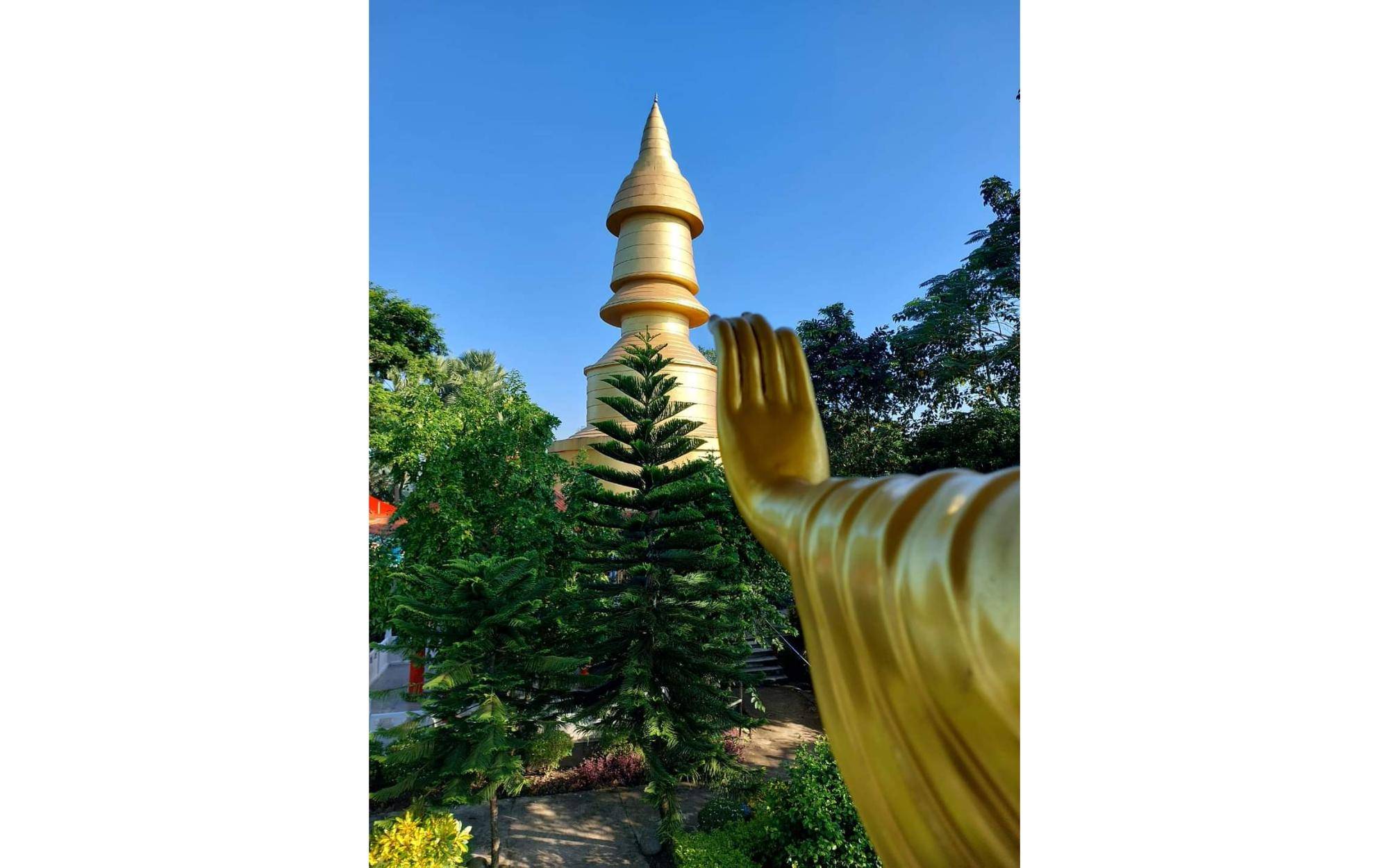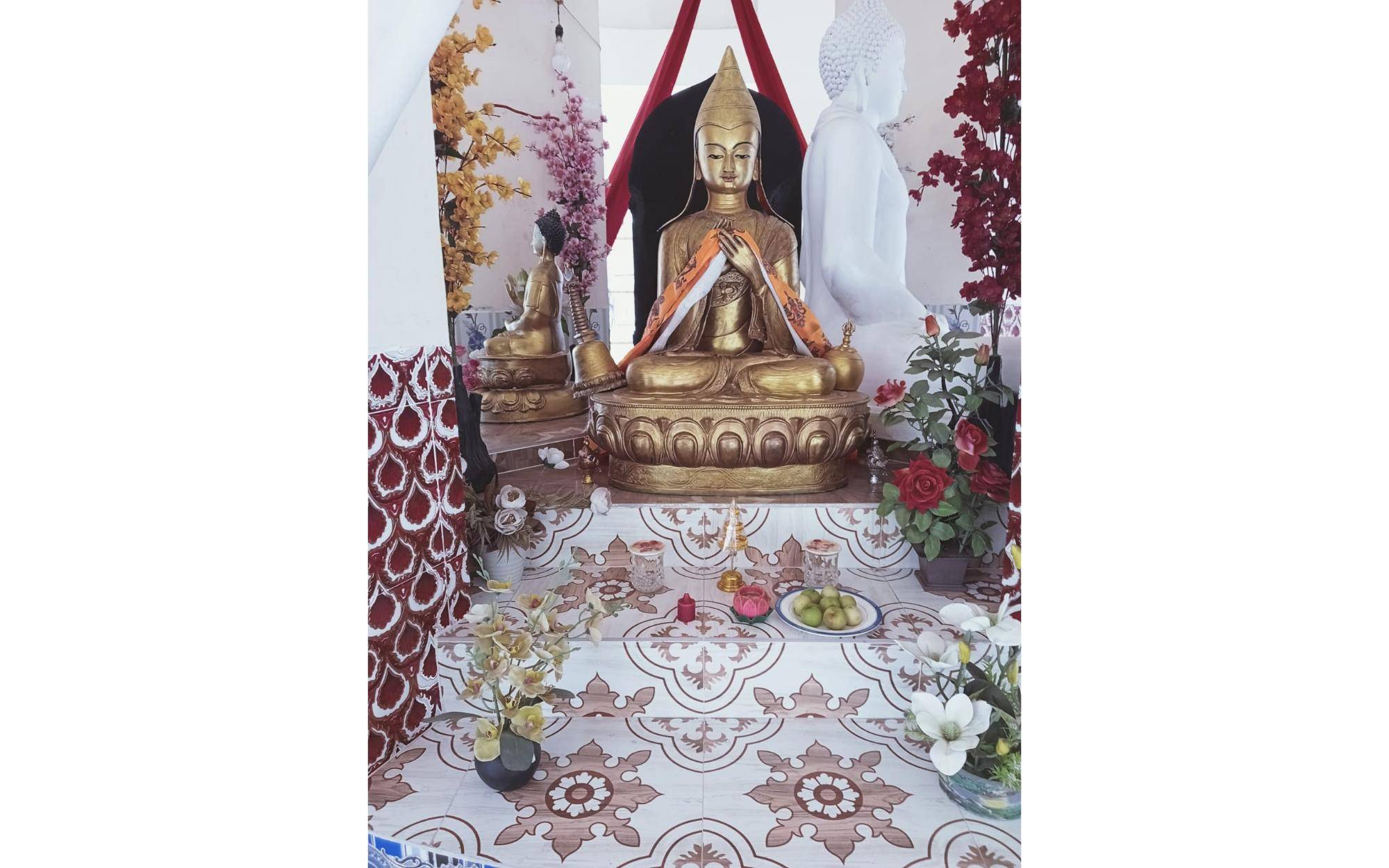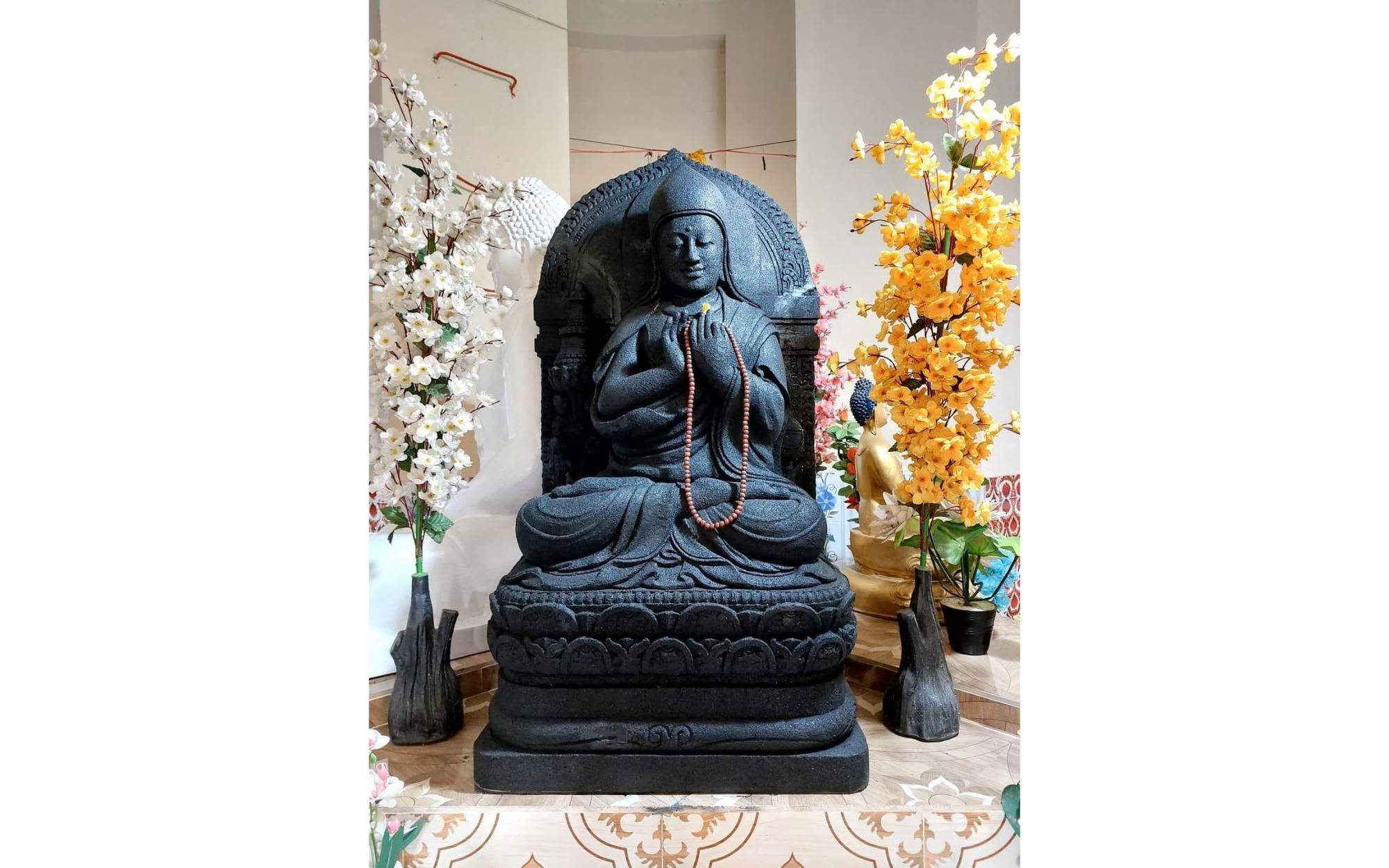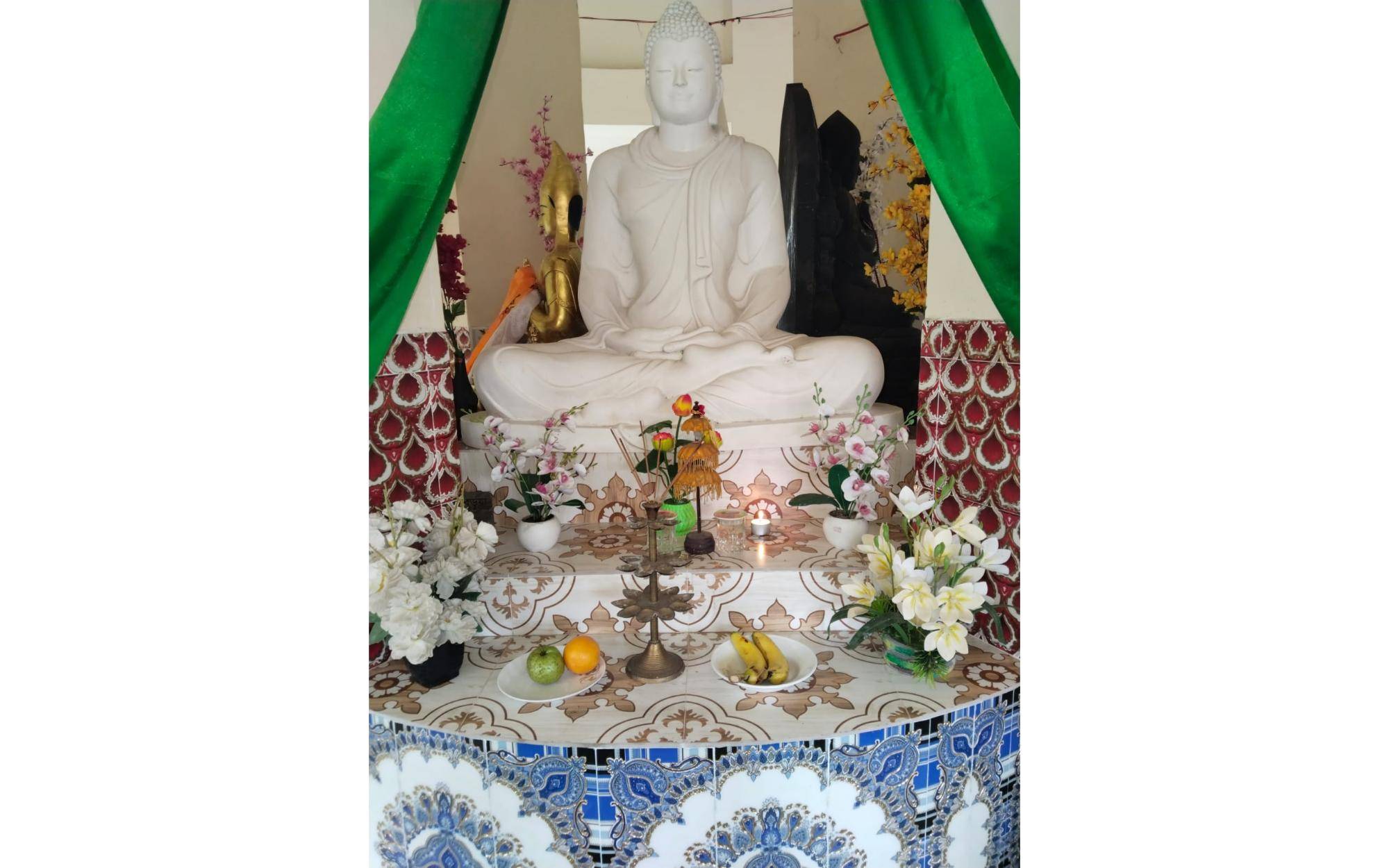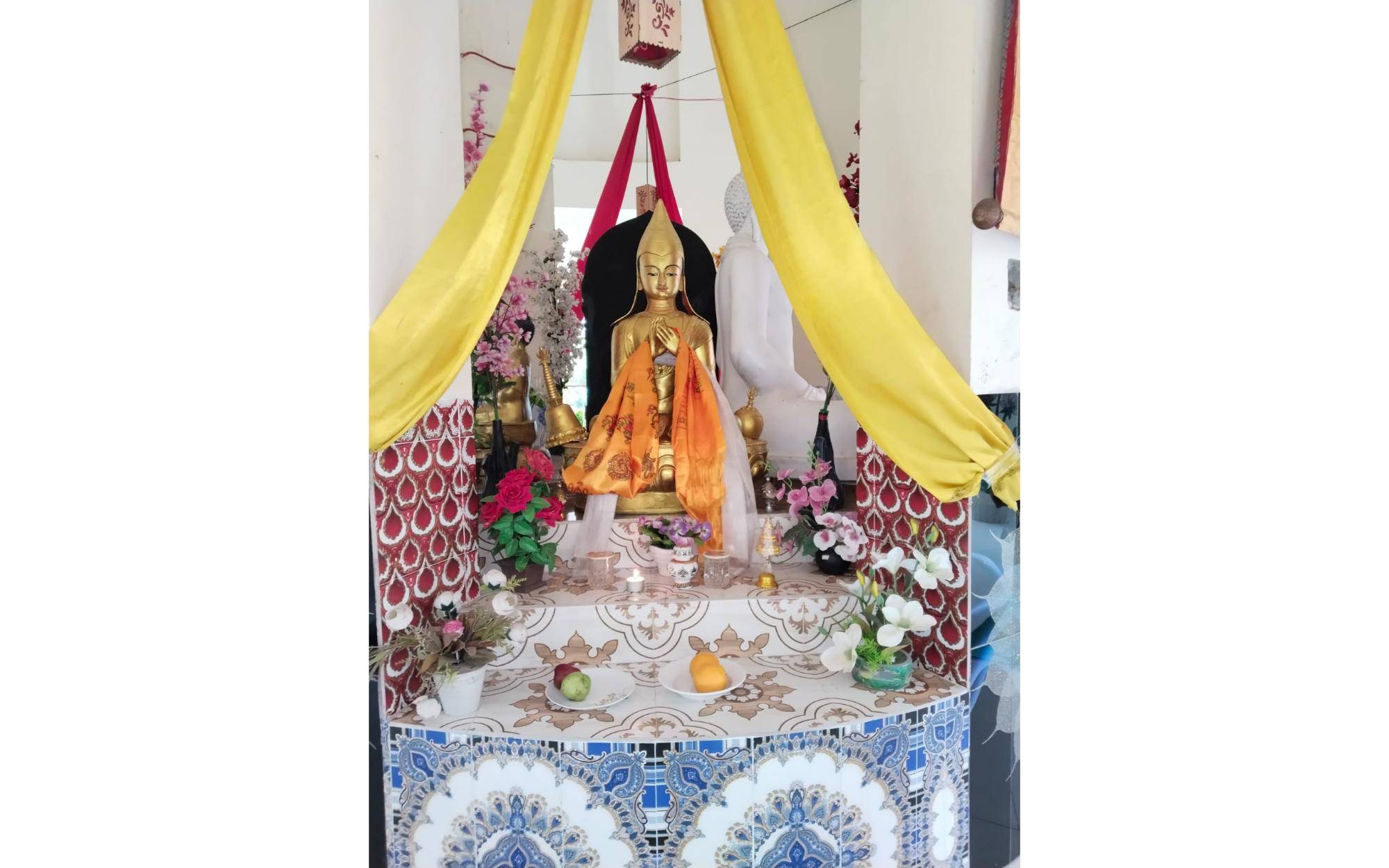The Atish Dipankar Memorial Complex
The Atish Dipankar Memorial Complex, Bajrajogini, Munshiganj
The Atish Dipankar Memorial Complex, situated in Bajrajogini, Munshiganj, Bangladesh, is a poignant tribute to Atish Dipankar Srijnan, a revered 11th-century Buddhist scholar and missionary. Born in this region, Atish played a pivotal role in revitalizing Buddhism in Tibet, earning the title "Second Buddha" among Tibetans. His journey to Tibet in 1040 AD marked a significant chapter in Buddhist history, where he spent 17 years disseminating Buddhist teachings, integrating sutra and tantra, and authoring influential texts like "A Lamp for the Path to Enlightenment" before his passing in 1054 AD . In an age where cultural identity is often contested or forgotten, the Atish Dipankar Memorial Complex reclaims a legacy of tolerance, scholarship, and transnational influence. It’s a reminder that Bangladesh has always been a crossroads of civilizations, philosophies, and ideas. By honoring Atish Dipankar, the complex not only preserves history—it inspires new generations to pursue knowledge, compassion, and understanding.
History
Honoring a Legacy: The Atish Dipankar Memorial Complex at Munshiganj
Born in 980 CE in the village of Bajrayogini in Munshiganj (then part of the ancient Bikrampur region), Atish Dipankar was a prodigy. He mastered multiple disciplines including logic, medicine, and Sanskrit by the time he was a teenager. Eventually ordained as a Buddhist monk, he rose to prominence as a teacher and philosopher. His reputation led him to Tibet in 1042 CE, where he played a central role in revitalizing Buddhism, laying the intellectual groundwork for what would become Tibetan Buddhism.
Despite his global influence, Atish Dipankar’s legacy in his homeland remained underappreciated for centuries. That began to change with the establishment of the Atish Dipankar Memorial Complex, a project aimed at reclaiming and celebrating his contributions to both Bangladeshi and Asian heritage.
The area surrounding the memorial complex is rich in Buddhist archaeological sites. Notably, in 2021, excavations at Nateshwar Deul in Tongibari Upazila uncovered a large stupa complex dating back to the 10th–11th century, associated with the Atish Dipankar era. The discovery included octagonal mounds, a memorial chamber, and protective walls, shedding light on the architectural and cultural landscape of the time .
Architecture
Key Features
-
Main Stupa: Houses a portion of Atish Dipankar's relics, symbolizing his enduring legacy.
-
Memorial Museum: Showcases artifacts and exhibits related to Atish's life and teachings.
-
Meditation Hall: A serene space designed for contemplation and spiritual practice.
-
Library: Contains texts on Buddhist philosophy and Atish's contributions.
-
Sculpture Garden: Features statues and art reflecting Buddhist themes.
-
Monastic Accommodations: Facilities for monks and researchers engaged in study and meditation .
How to Go
Visitors can reach the complex by taking a bus from Gulistan, Abdullahpur, or Mirpur in Dhaka to Munshiganj, followed by a rickshaw or CNG auto-rickshaw to the site. The complex is approximately 10–15 minutes from Munshiganj Sadar Upazila.
Nearby Attractions
-
Nateshwar Stupa Complex: An archaeological site in Tongibari Upazila, Munshiganj, featuring a 10th–11th-century stupa complex associated with Atish Dipankar.
-
Idrakpur Fort: A historical fort located in Munshiganj Sadar Upazila.
-
Bikrampur Buddhist Bihar Museum: A museum showcasing artifacts from the Buddhist heritage of the region.
Where to stay
1. Dhali’s Amber Nivaas Resort
-
Location: Baher Kuchi Ichapura, Sirajdikhan, Munshiganj
-
Highlights: 3-star resort featuring indoor and outdoor pools, free Wi-Fi, complimentary breakfast, and an on-site restaurant
-
Booking: hotelplacer.com
2. Munshiganj Circuit House
-
Location: Munshiganj Sadar
-
Facilities: Offers 4 VVIP AC rooms and 8 general rooms; includes a swimming pool
-
Note: Typically reserved for government officials; prior permission may be required for booking
-
Details: munshiganj.gov.bd

